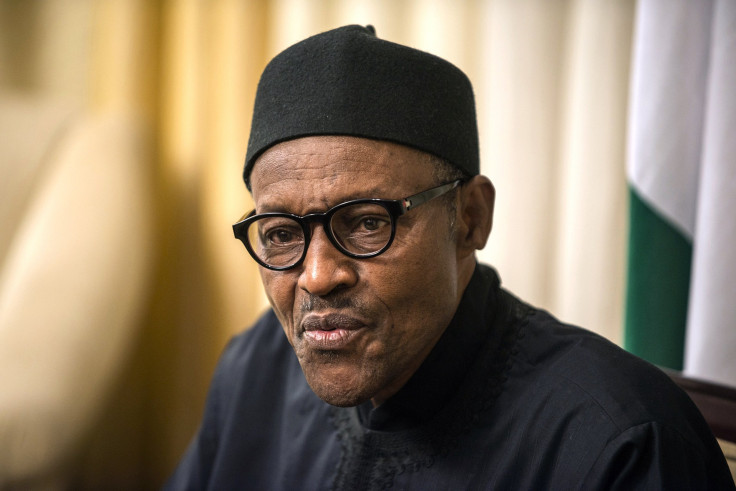Nigerian President Buhari Approves $2 Billion Bailout For Unpaid Workers

Nigeria’s President Muhammadu Buhari has approved a comprehensive relief package of more than $2 billion to relieve a backlog of government salaries and the plight of hundreds of thousands of unpaid workers. The bailout will go to states across the West African country that have been unable to pay the wages of civil employees for months, according to the Associated Press.
About $2.1 billion, or 413.7 billion naira, will be shared between the states and federal government. The money will come from dividends recently paid by the state natural gas agency and through soft loans from the Central Bank of Nigeria. The bailout package, which the National Economic Council discussed last week, was designed specifically for workers, some of whom have not been paid for more than 10 months, according to Nigerian newspaper Vanguard.
Buhari has ordered the urgent release of the funds and the relief package was expected to take effect this week. The exact number of unpaid workers is unknown, but 18 of Nigeria’s 35 states owe salaries. In April, the Nigeria Labor of Congress complained that all three tiers of government – federal, states and local -- had not paid their employees for between two to eight months, according to the AP. The relief package came one month after Nigerian lawmakers called for a bailout to cover unpaid government salaries.
Nigeria is the largest oil producer on the African continent and is Africa’s richest, most populous nation. But the oil-dependent country has suffered from the falling price of oil, with government revenue nearly halved and the naira currency losing a third of its value, according to AP.
“Our finances are okay, though we are still going through challenges of revenue stream to government and this you know obviously is from the oil shock, the price of oil that has dropped. It has significantly reduced the revenue stream to government but we are working on other ways to see how we can shore up the revenue, so that we will be able to meet our expenditure,” Nigeria’s permanent secretary in the ministry of finance, Anastasia Nwaobia, told Vanguard Newspapers on Tuesday.
Buhari, who took office May 29, has been quoted by local media as saying his administration inherited a “virtually empty” treasury “with debts in millions of dollars, with state workers and even federal workers not paid their salaries,” according to Vanguard Newspapers.
© Copyright IBTimes 2024. All rights reserved.











